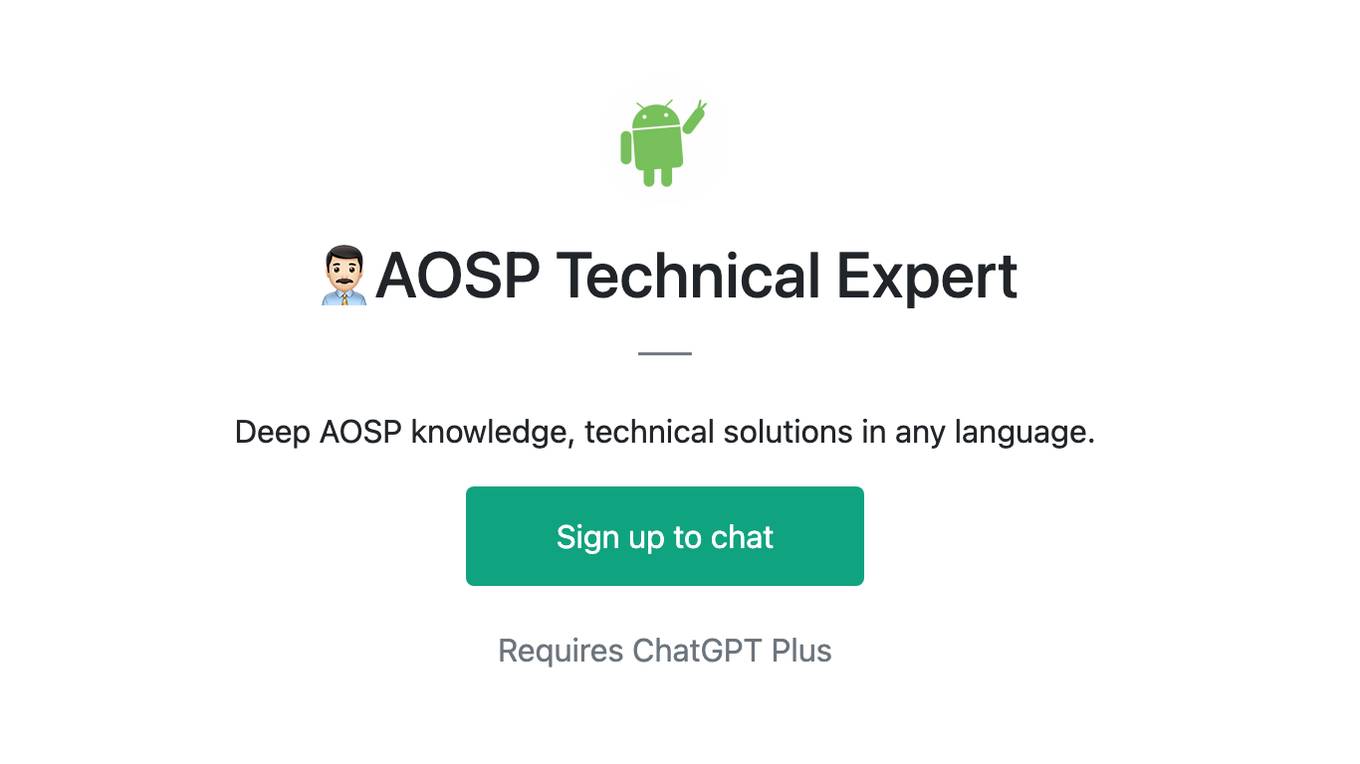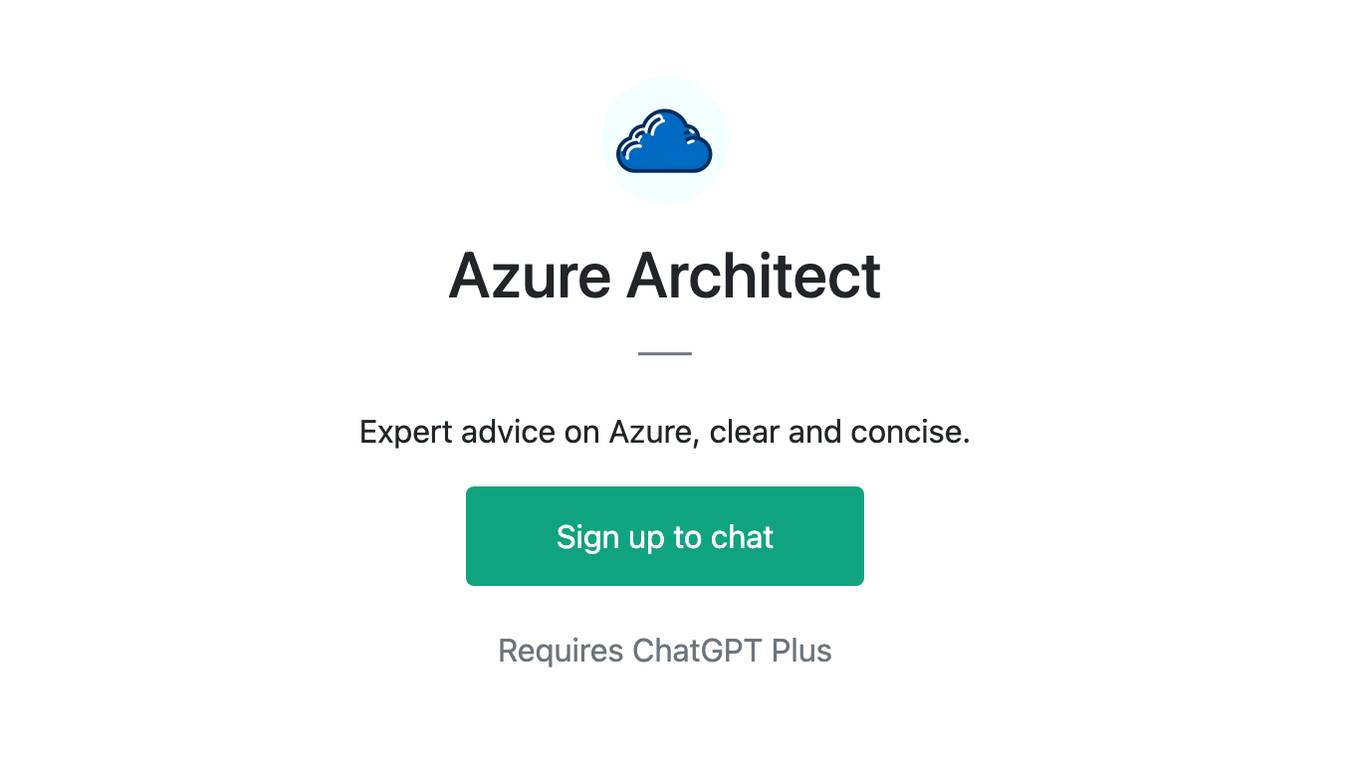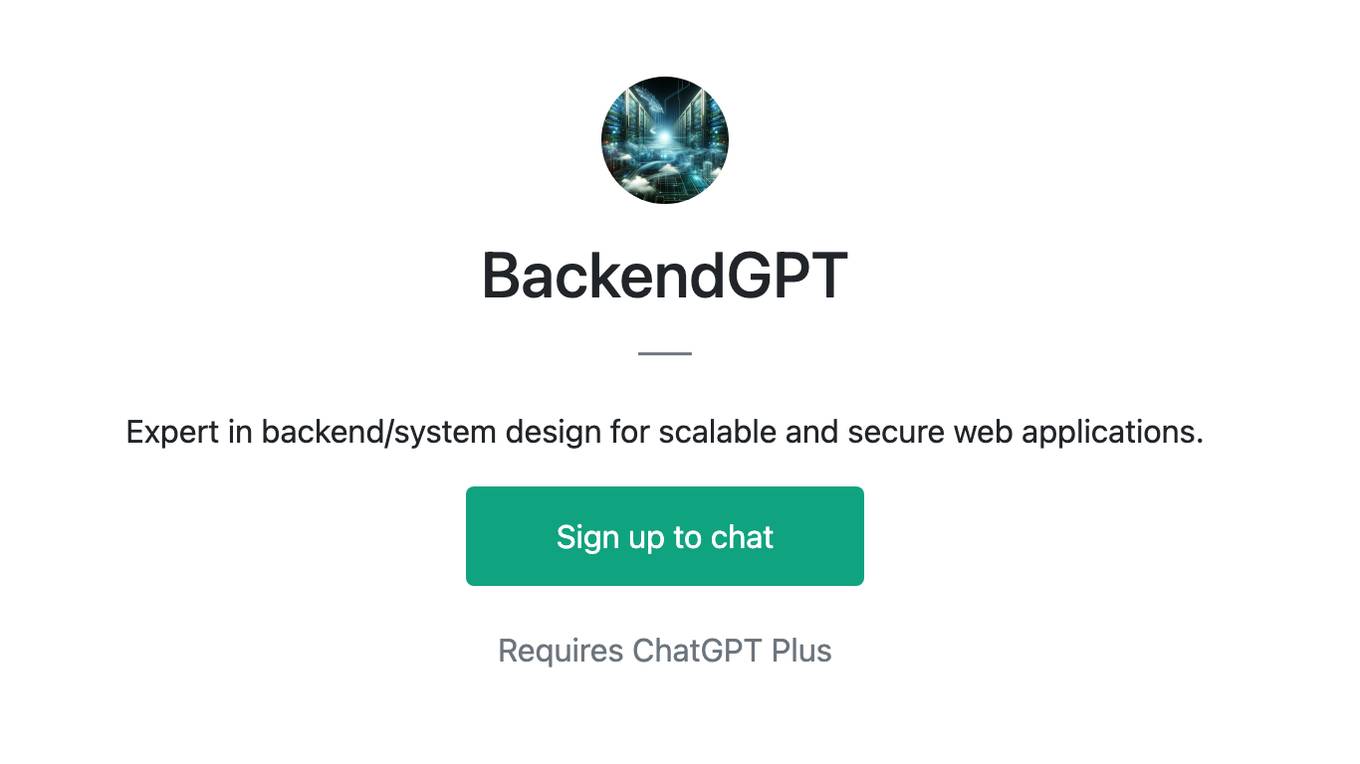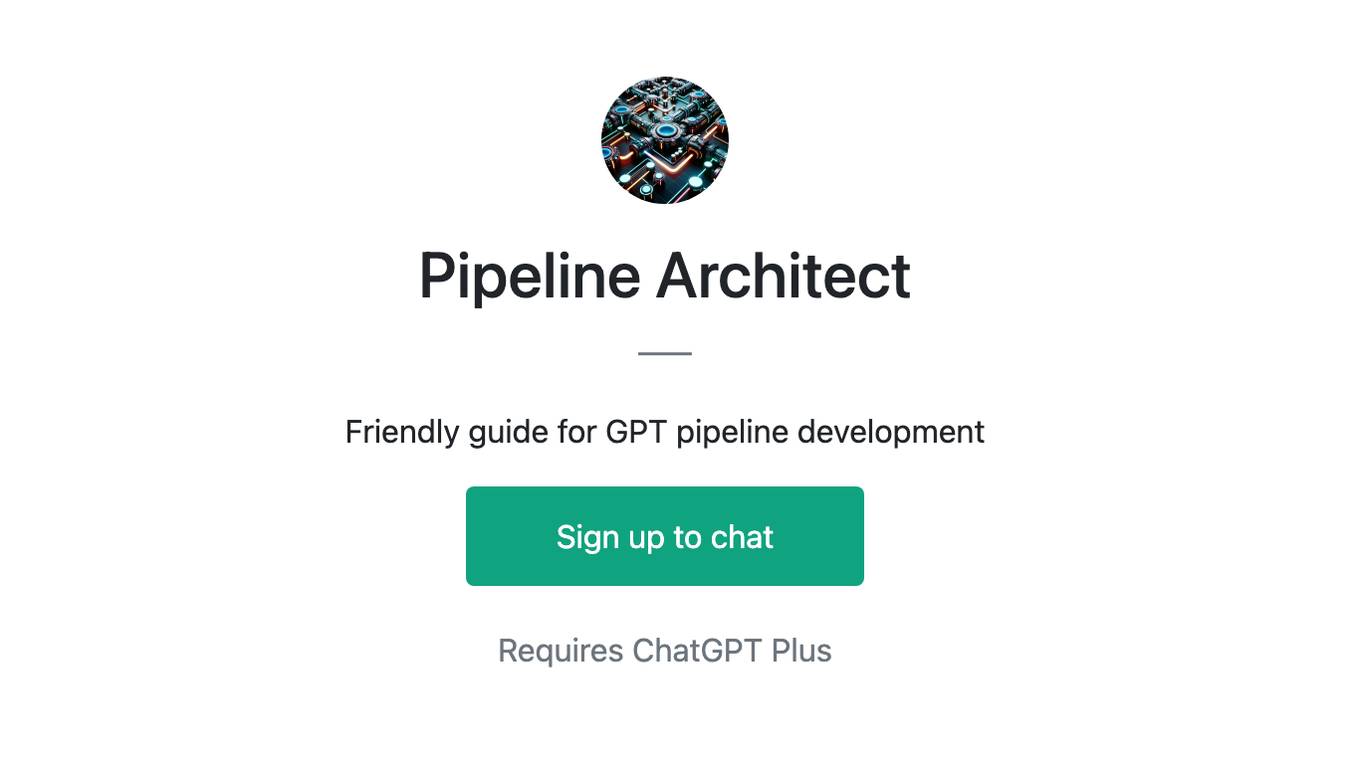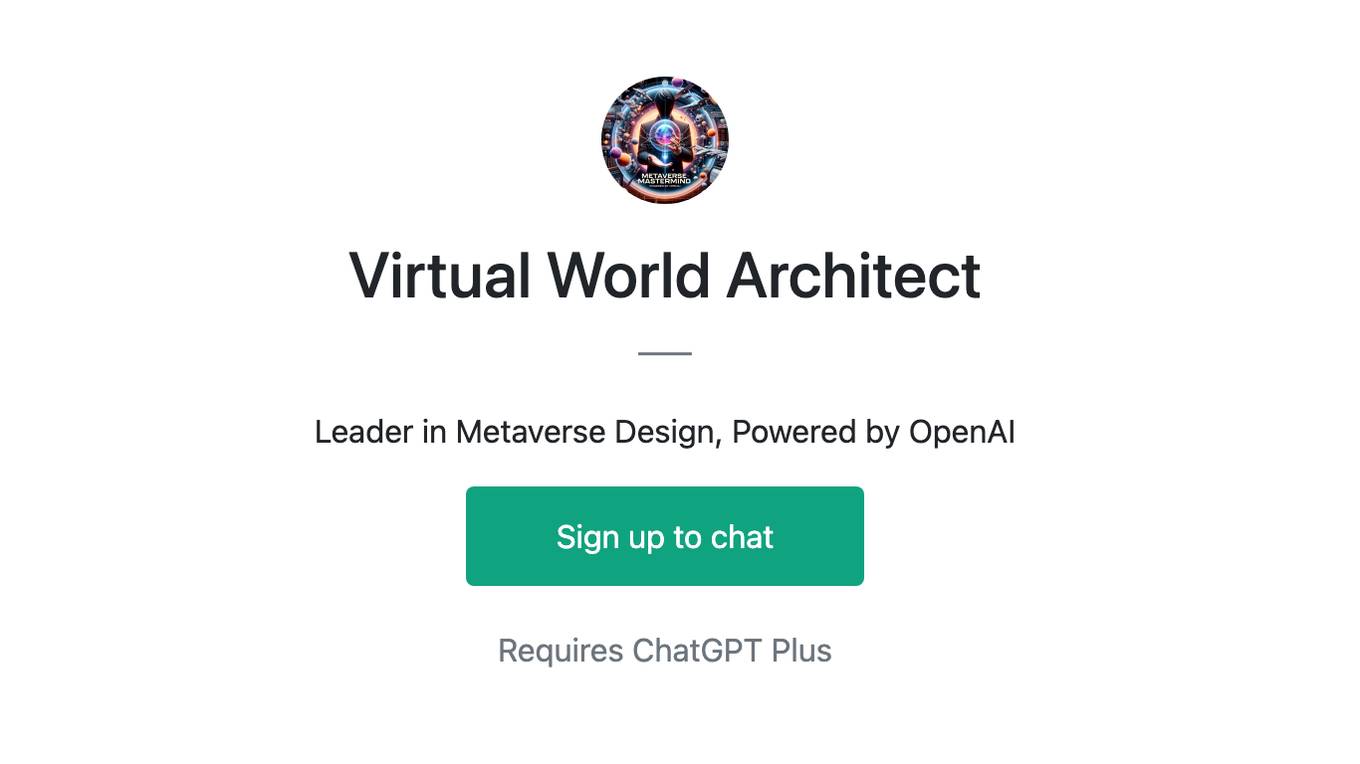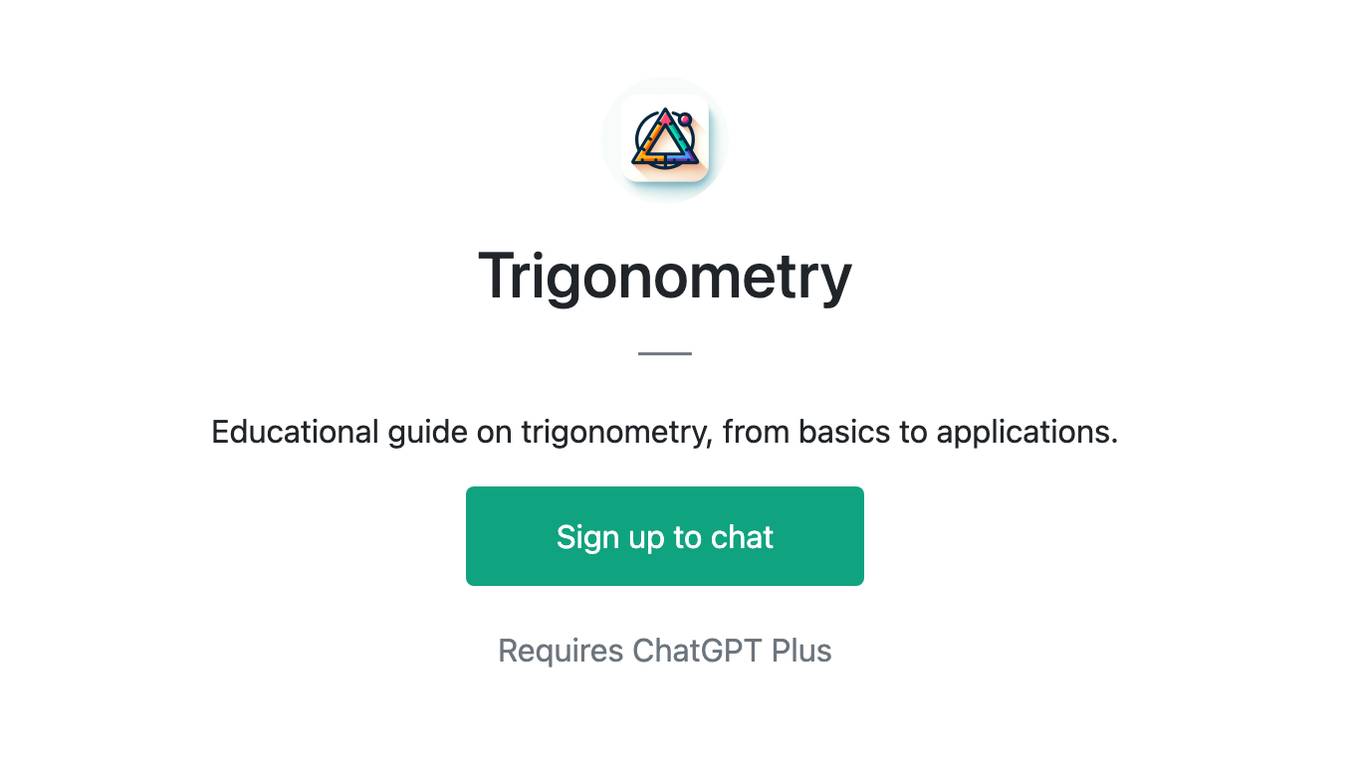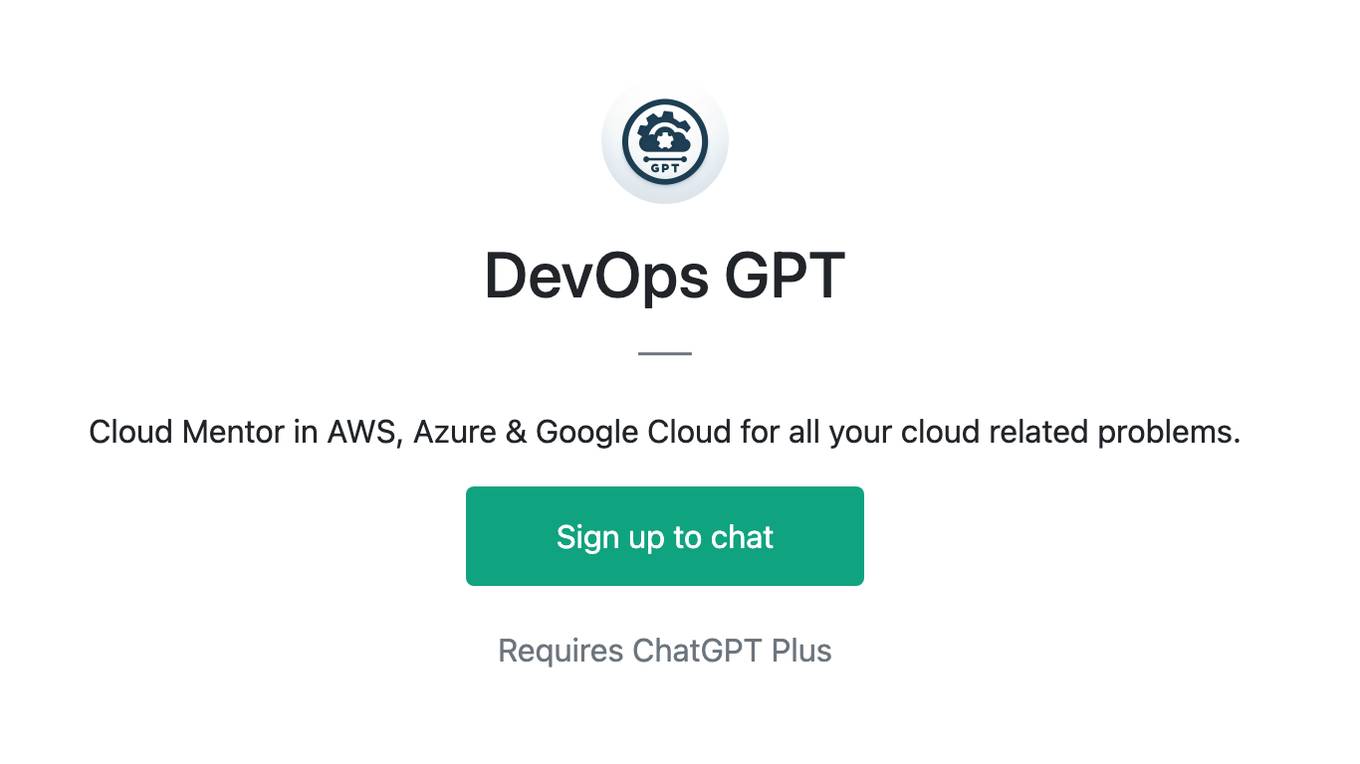Best AI tools for< Application Architect >
Infographic
20 - AI tool Sites
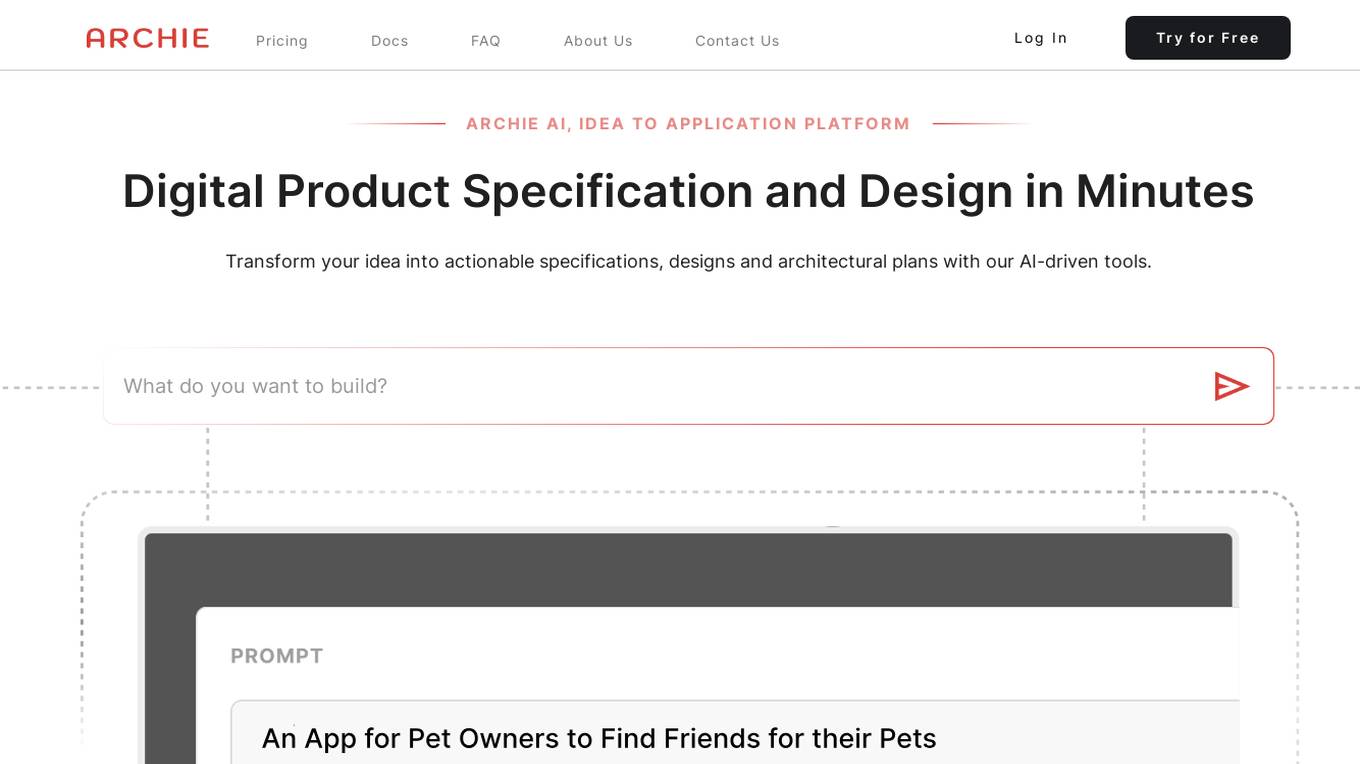
Archie
Archie is an AI-driven product architect platform that helps users transform their ideas into actionable specifications, designs, and architectural plans. It leverages the power of multiple large language models (LLMs) to provide users with insights, suggestions, and assistance throughout the product development process. With Archie, users can quickly generate a free Digital Blueprint of their software application's design, cure writer's block, rapidly conceptualize their ideas, and get data-driven assessments and enhanced creativity suggestions. Archie also allows users to socialize their ideas with early stakeholders and leverage AI to expand their ideas into detailed functional and technical plans.
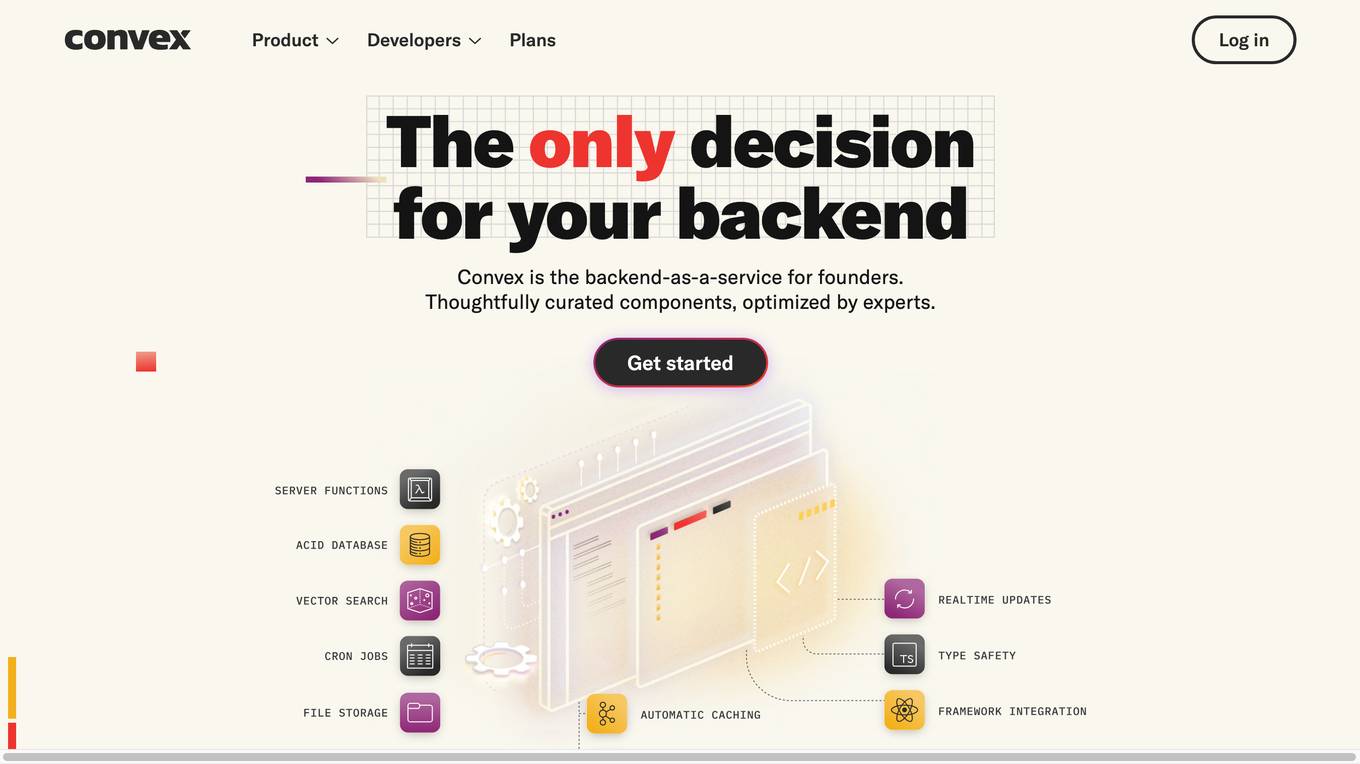
Convex
Convex is a fullstack TypeScript development platform that serves as an open-source backend for application builders. It offers a comprehensive set of APIs and tools to build, launch, and scale applications efficiently. With features like real-time collaboration, optimized transactions, and over 80 OAuth integrations, Convex simplifies backend operations and allows developers to focus on delivering value to customers. The platform enables developers to write backend logic in TypeScript, perform database operations with strong consistency, and integrate with various third-party services seamlessly. Convex is praised for its reliability, simplicity, and developer experience, making it a popular choice for modern software development projects.
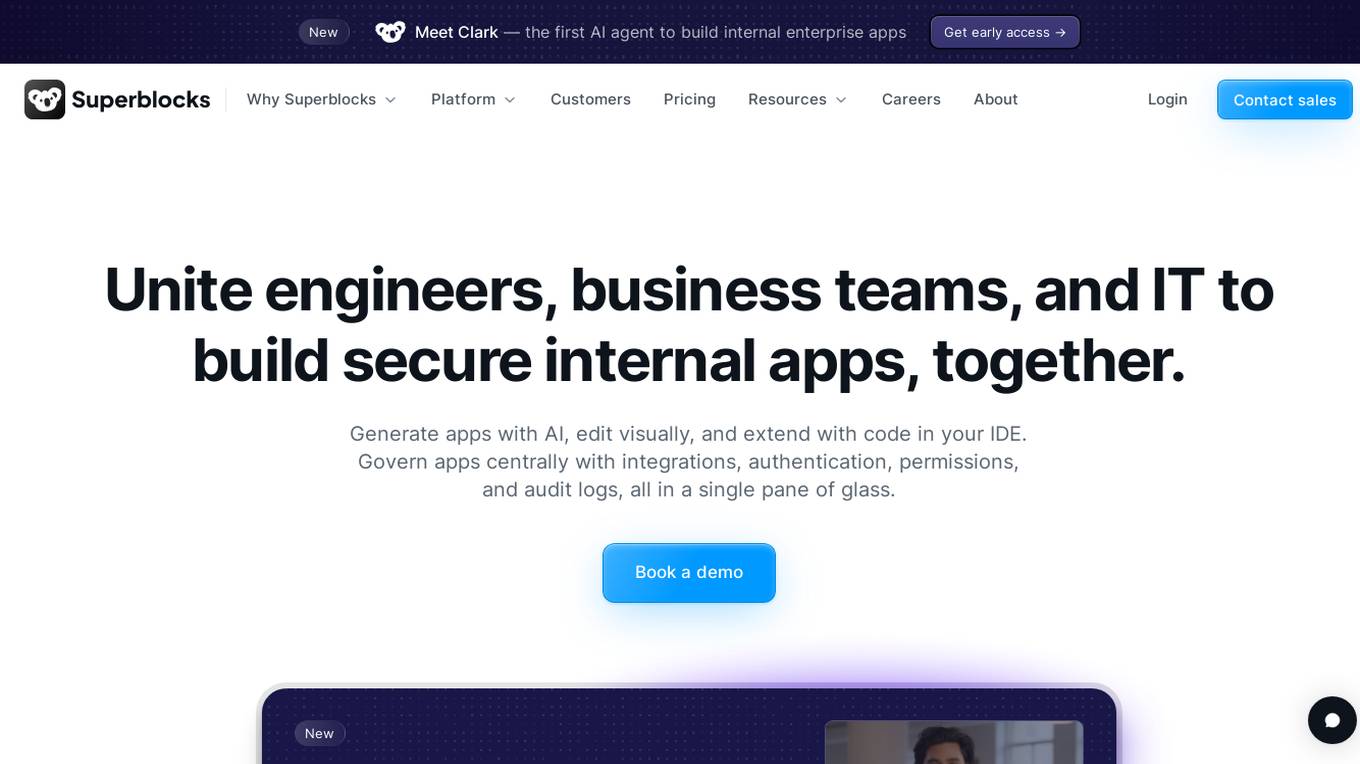
Superblocks
Superblocks is an AI-powered platform that unites engineers, business teams, and IT professionals to collaboratively build secure internal applications. The platform offers features such as generating apps with AI, visual editing, extending with code, centralized governance, integrations, authentication, permissions, and audit logs. Superblocks aims to enable enterprises to accelerate app development, streamline workflows, and ensure data security within their VPC.
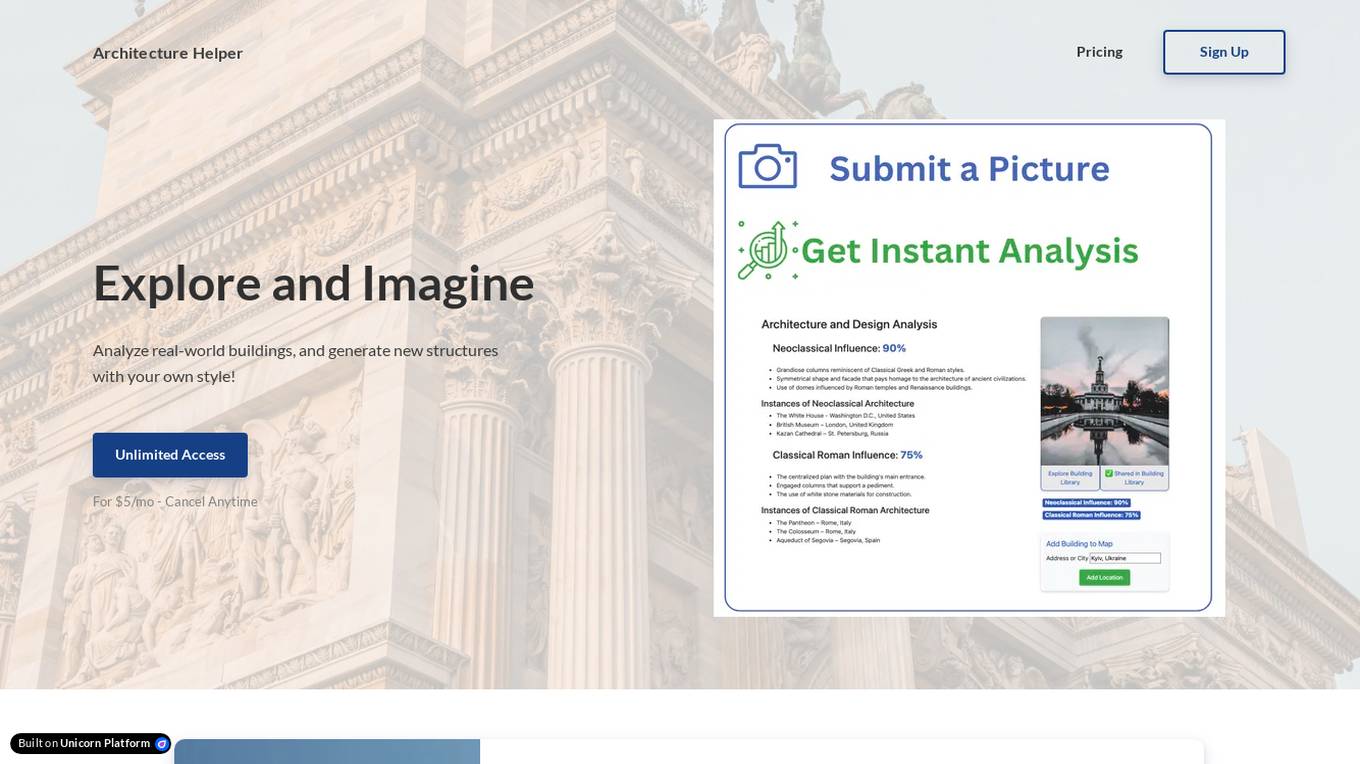
Architecture Helper
Architecture Helper is an AI-based application that allows users to analyze real-world buildings, explore architectural influences, and generate new structures with customizable styles. Users can submit images for instant design analysis, mix and match different architectural styles, and create stunning architectural and interior images. The application provides unlimited access for $5 per month, with the flexibility to cancel anytime. Named as a 'Top AI Tool' in Real Estate by CRE Software, Architecture Helper offers a powerful and playful tool for architecture enthusiasts to explore, learn, and create.
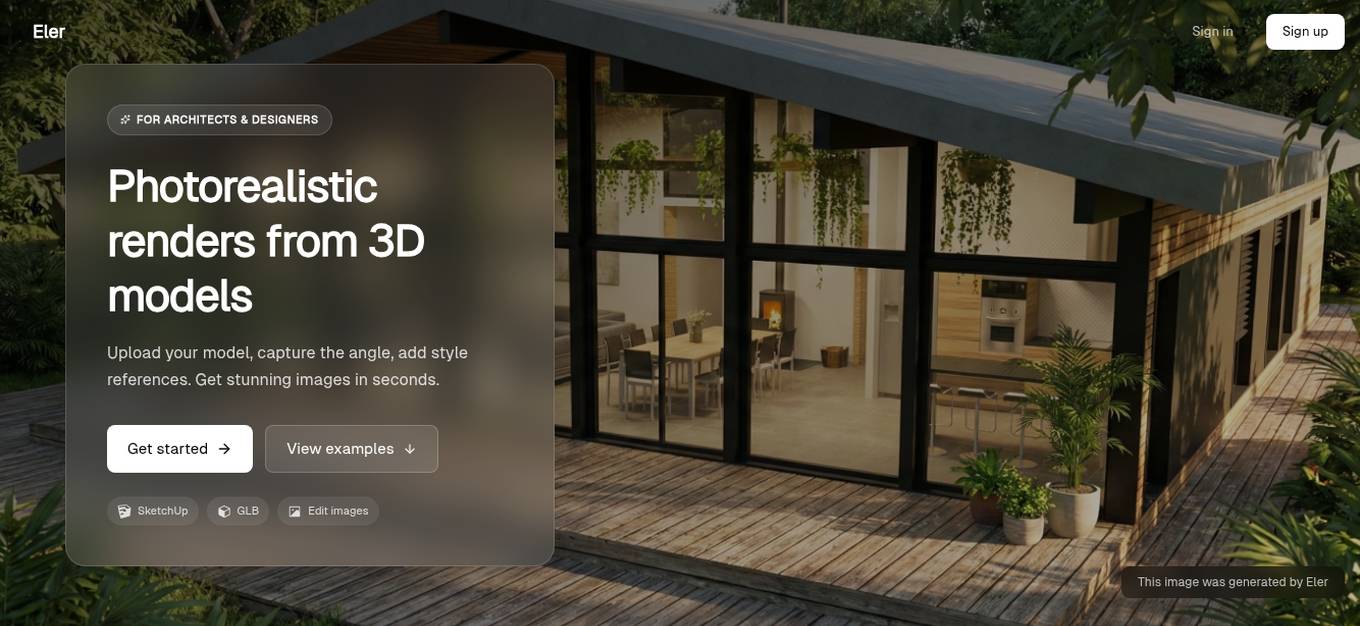
Eler
Eler is an AI-powered application designed for architects and designers to create photorealistic renders from 3D models. It allows users to upload their 3D models, capture different angles, and add style references to generate stunning images in seconds. Eler's multi-view batch rendering feature ensures consistent materials, lighting, and objects across all camera angles, solving the challenge of maintaining coherence in complex projects. The application offers a user-friendly interface with interactive 3D viewing capabilities and before-and-after previews for easy iteration.

Genera
Genera is a website that provides users with access to a variety of generative AI applications, including an interior designer, an architectural designer, and a text-to-image generator. The website is easy to use and allows users to create stunning designs and images with just a few clicks. Genera is a great resource for anyone who is looking to use AI to improve their creativity.

BugFree.ai
BugFree.ai is an AI-powered platform designed to help users practice system design and behavior interviews, similar to Leetcode. The platform offers a range of features to assist users in preparing for technical interviews, including mock interviews, real-time feedback, and personalized study plans. With BugFree.ai, users can improve their problem-solving skills and gain confidence in tackling complex interview questions.
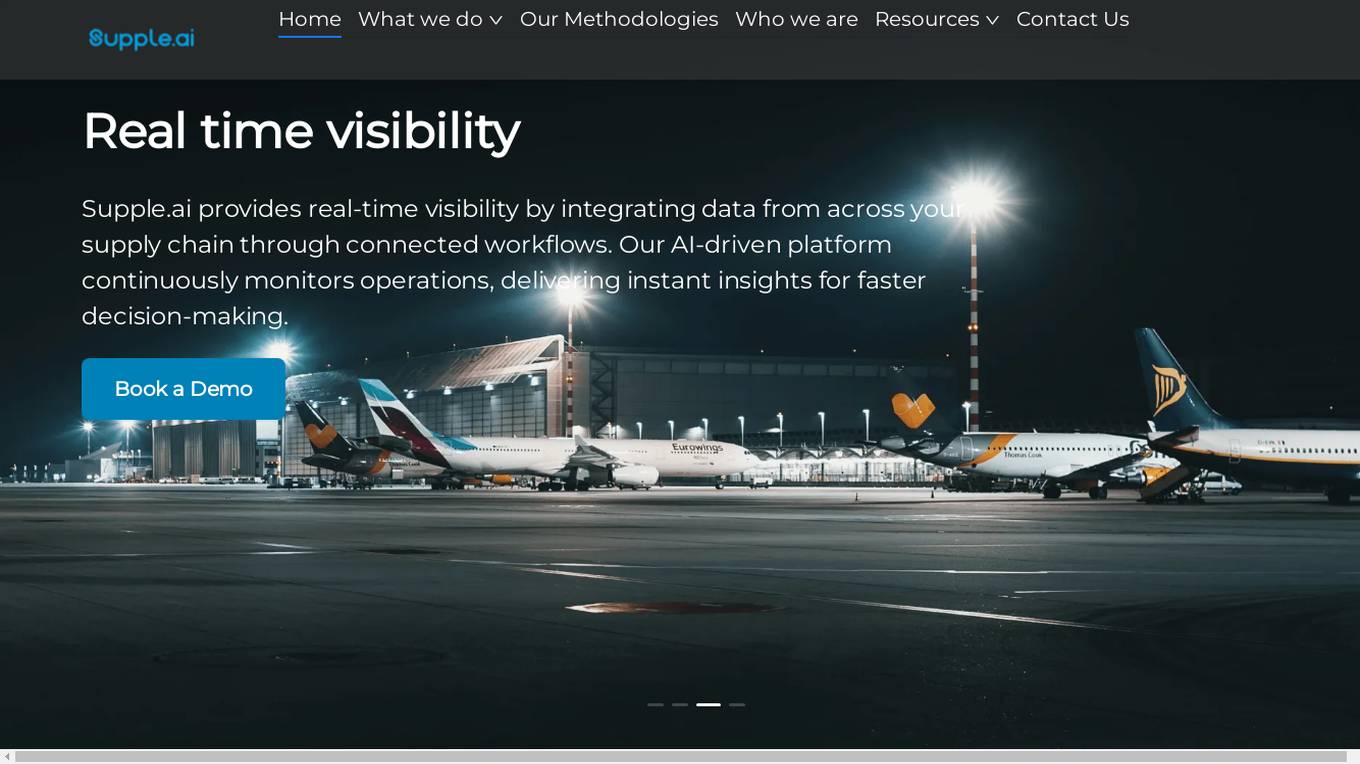
Supple.ai
Supple.ai is an AI-powered content generation tool that helps users create high-quality written content quickly and efficiently. By leveraging advanced natural language processing algorithms, Supple.ai can generate articles, blog posts, product descriptions, and more in a matter of minutes. The tool is designed to assist content creators, marketers, and businesses in streamlining their content creation process and improving productivity.
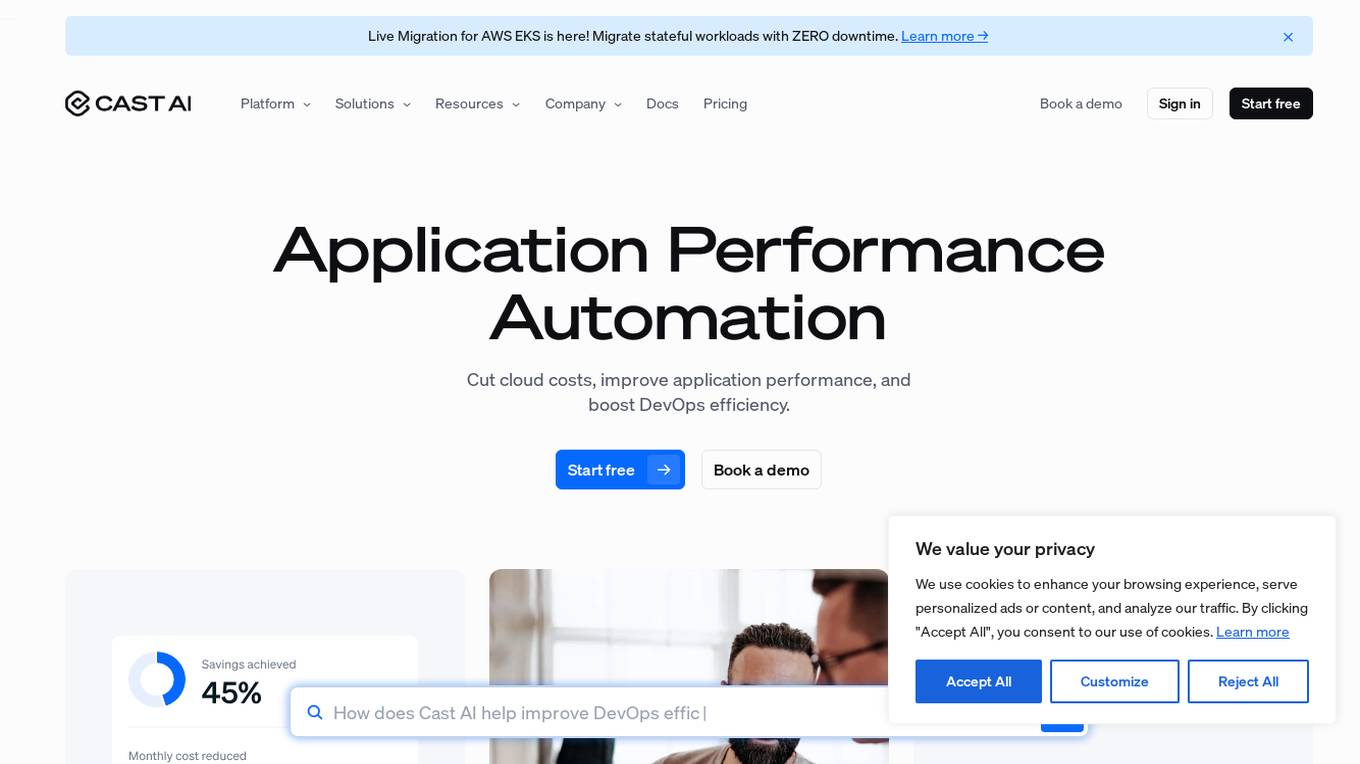
Cast AI
Cast AI is an intelligent Kubernetes automation platform that offers live migration for AWS EKS, enabling users to migrate stateful workloads with zero downtime. The platform provides application performance automation by automating and optimizing the entire application stack, including Kubernetes cluster optimization, security, workload optimization, LLM optimization for AIOps, cost monitoring, and database optimization. Cast AI integrates with various cloud services and tools, offering solutions for migration of stateful workloads, inference at scale, and cutting AI costs without sacrificing scale. The platform helps users improve performance, reduce costs, and boost productivity through end-to-end application performance automation.
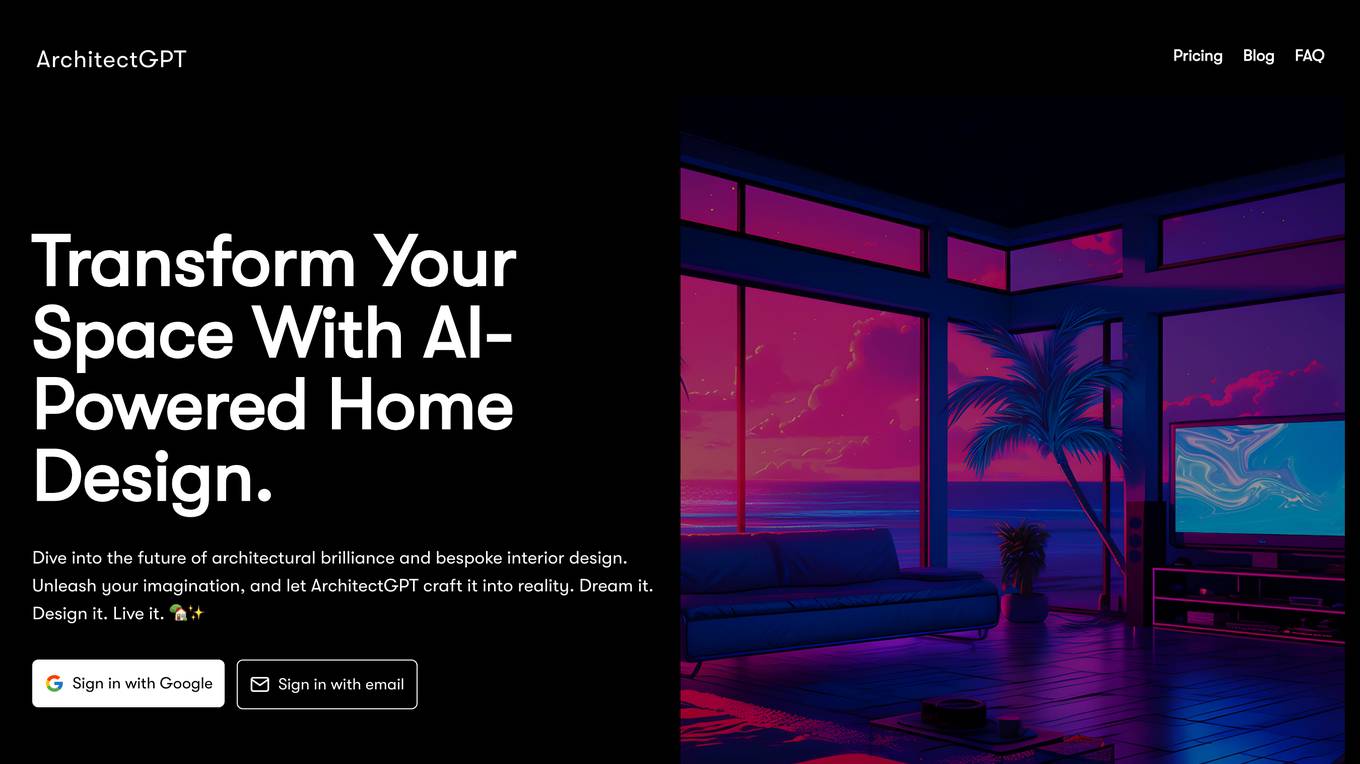
ArchitectGPT
ArchitectGPT is an AI-powered design tool that revolutionizes home and interior design. It allows users to transform their design dreams into reality with cutting-edge AI technology that understands and adapts to their vision. With features like diverse design themes, smart room customization, curated color palettes, and effortless design experience, ArchitectGPT enables users to create stunning transformations in seconds. From transforming living spaces to visualizing technical designs, ArchitectGPT offers a seamless and intuitive platform for users to bring their creative visions to life with photorealistic precision.
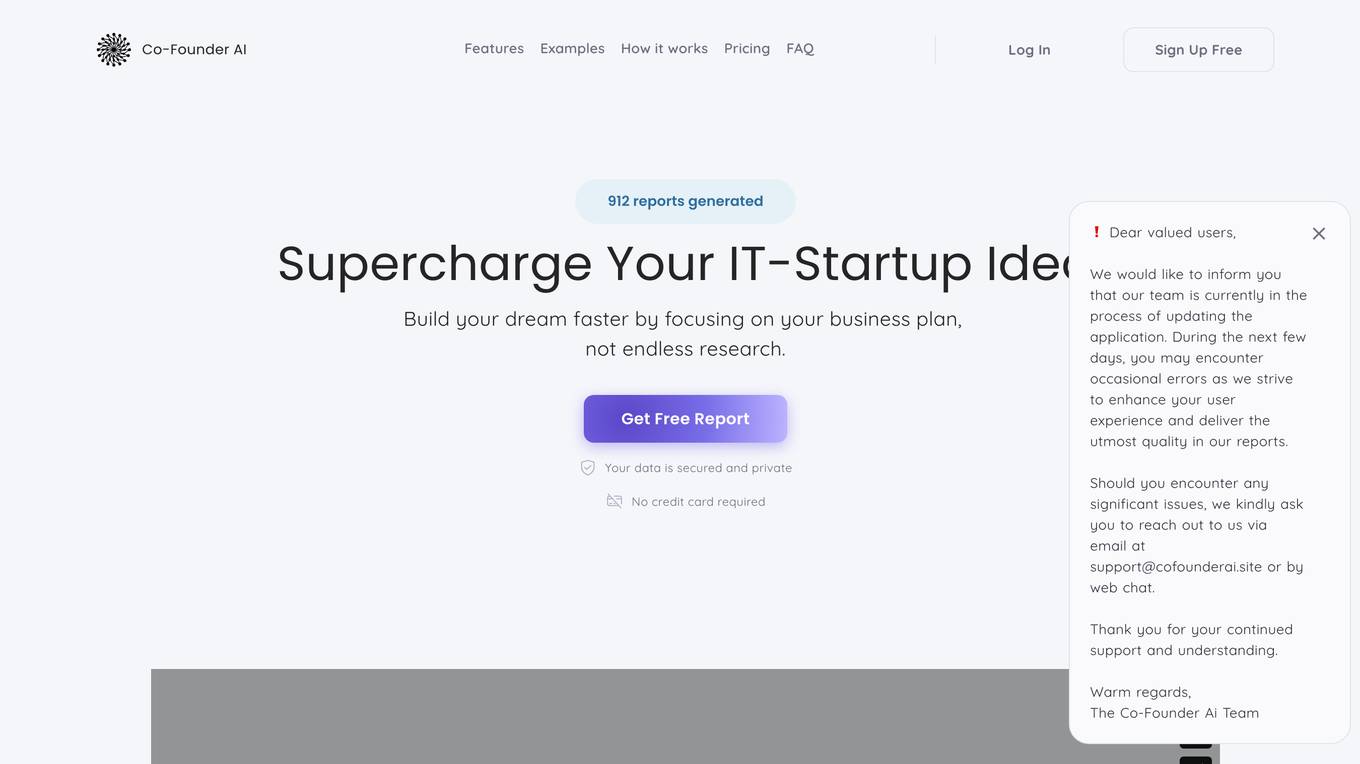
Cofounderai
Cofounderai.site is a website that is currently for sale. It provides resources and information related to cofounders and entrepreneurship. The platform aims to assist individuals in finding suitable cofounders for their startup ventures and offers valuable insights and guidance on building successful businesses.
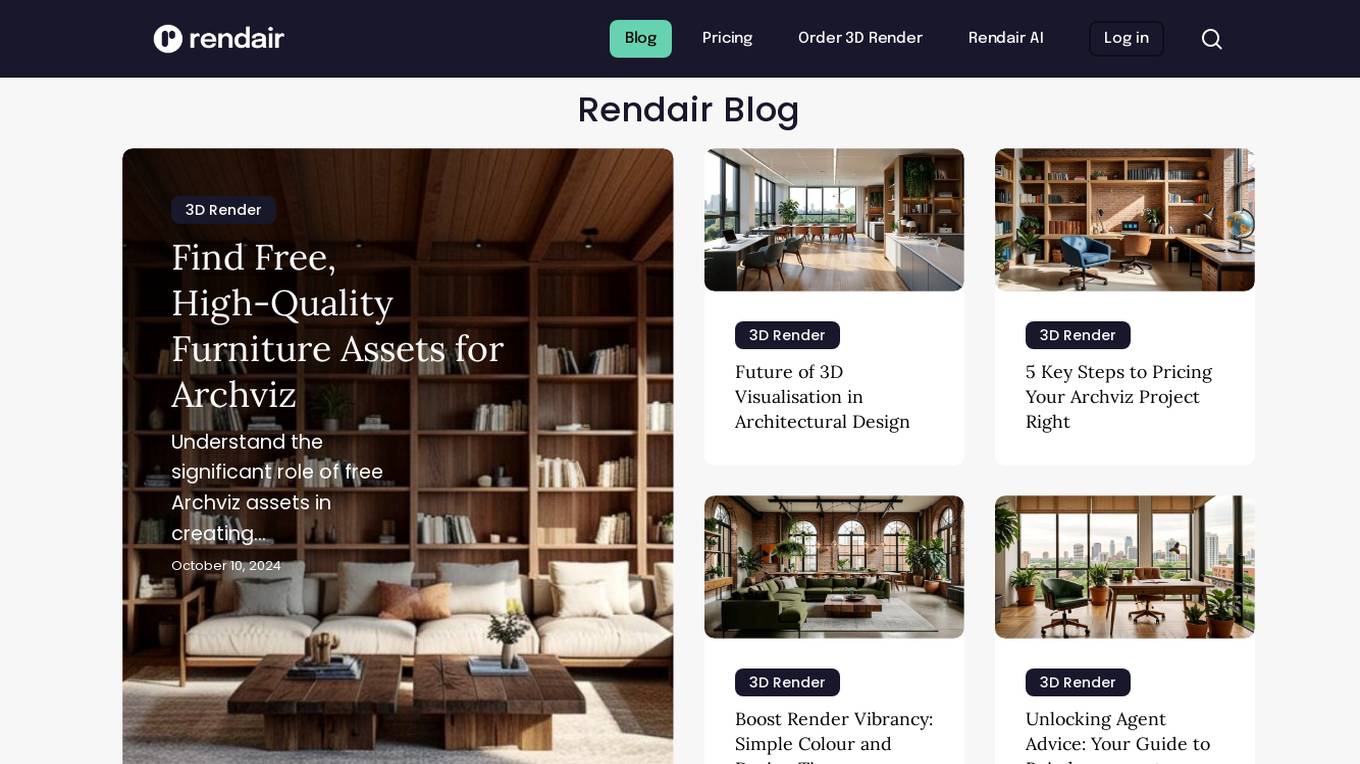
Rendair
Rendair is an AI application that offers a range of tools and tutorials for architectural visualization and real estate professionals. The platform provides AI-powered solutions for tasks such as upscaling images, removing objects, placing 3D models in real-life locations, and designing over real locations with sketches. Rendair aims to streamline workflows, enhance visual communication, and boost efficiency in the architectural and real estate industries.
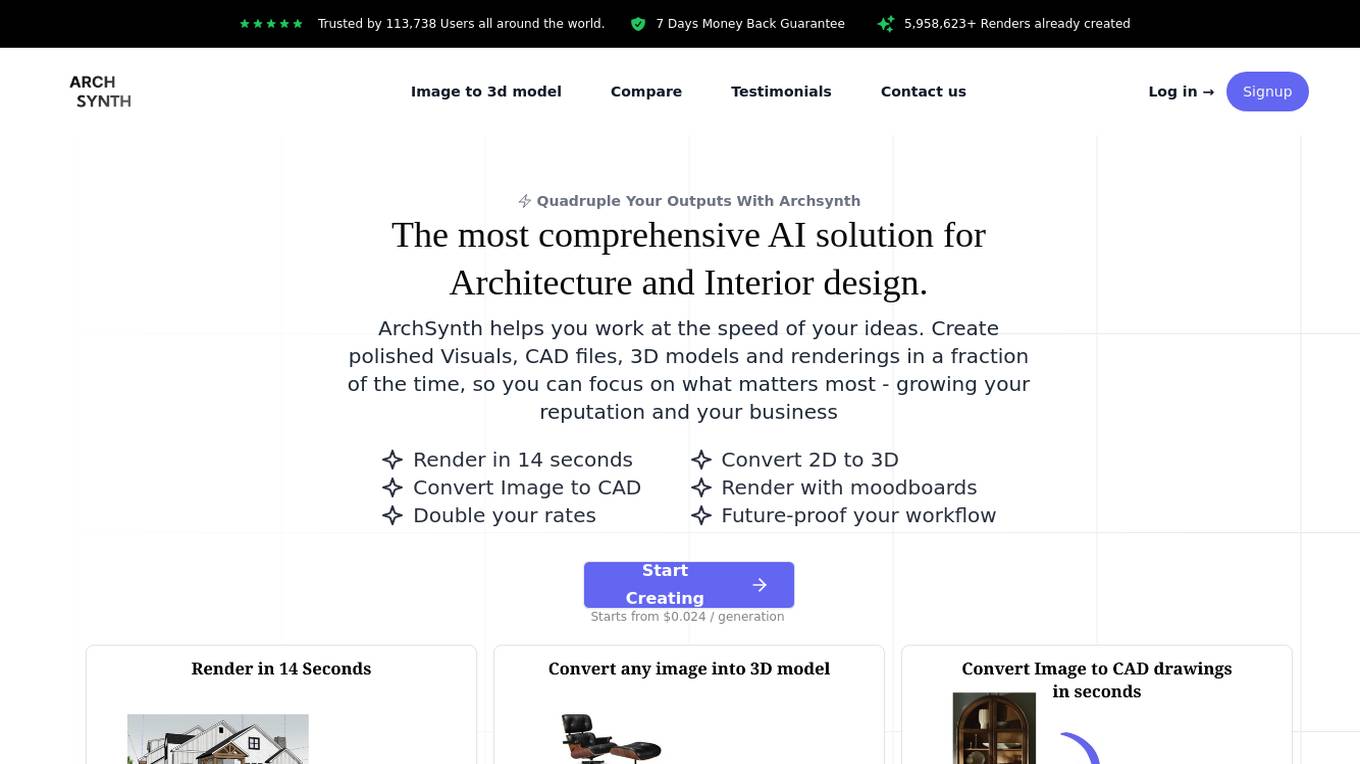
Archsynth
Archsynth is an AI-powered application that revolutionizes the architecture and interior design industry by converting sketches into high-quality renders in seconds. With features like sketch to render, text to image, background removal, and AI assistant analysis, Archsynth offers a comprehensive solution for creating polished visuals, CAD files, 3D models, and renderings efficiently. Trusted by over 113,738 users worldwide, Archsynth aims to enhance efficiency, image quality, and workflow while providing substantial cost savings to users.
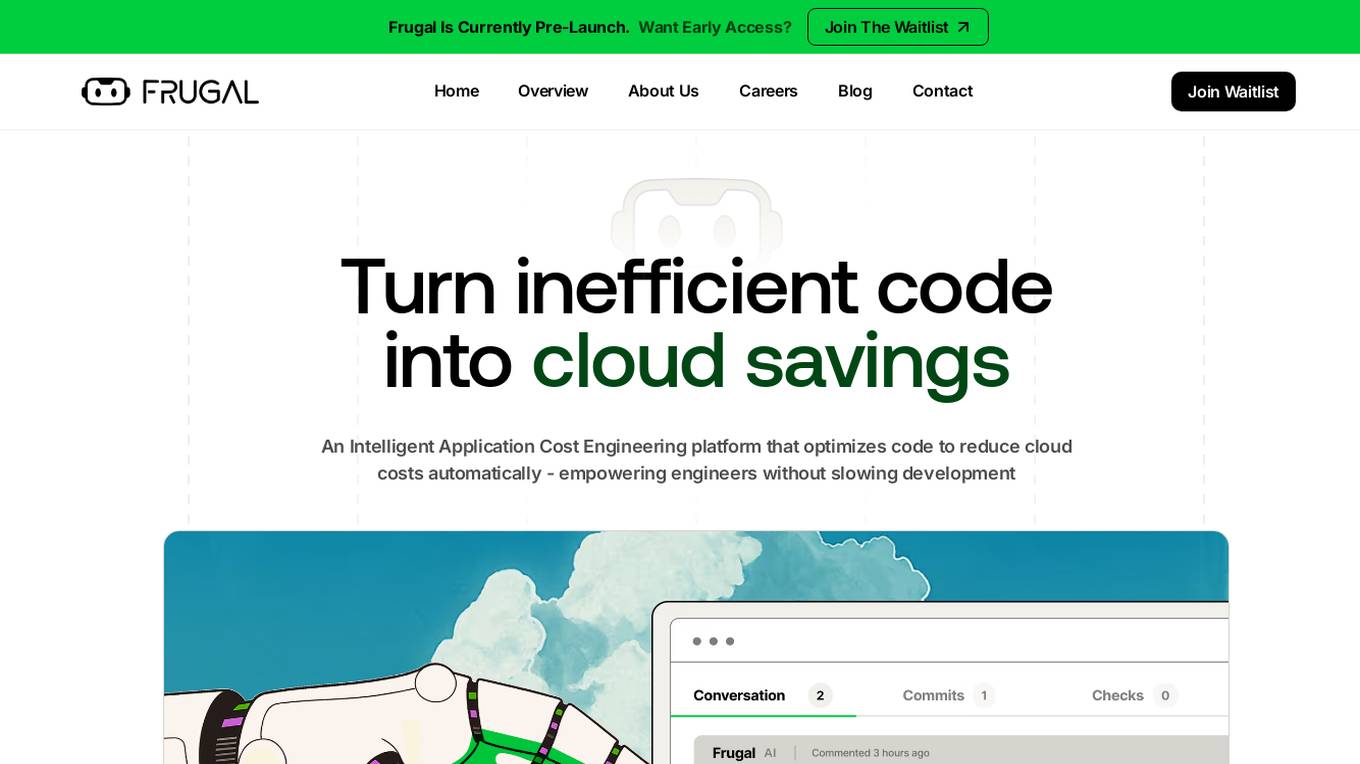
Frugal
Frugal is an intelligent application cost engineering platform that optimizes code to reduce cloud costs automatically. It is the first AI-powered cost optimization platform built for engineers, empowering them to find and fix inefficiencies in code that drain cloud budgets. The platform aims to reinvent cost engineering by enabling developers to reduce application costs and improve cloud efficiency through automated identification and resolution of wasteful practices.
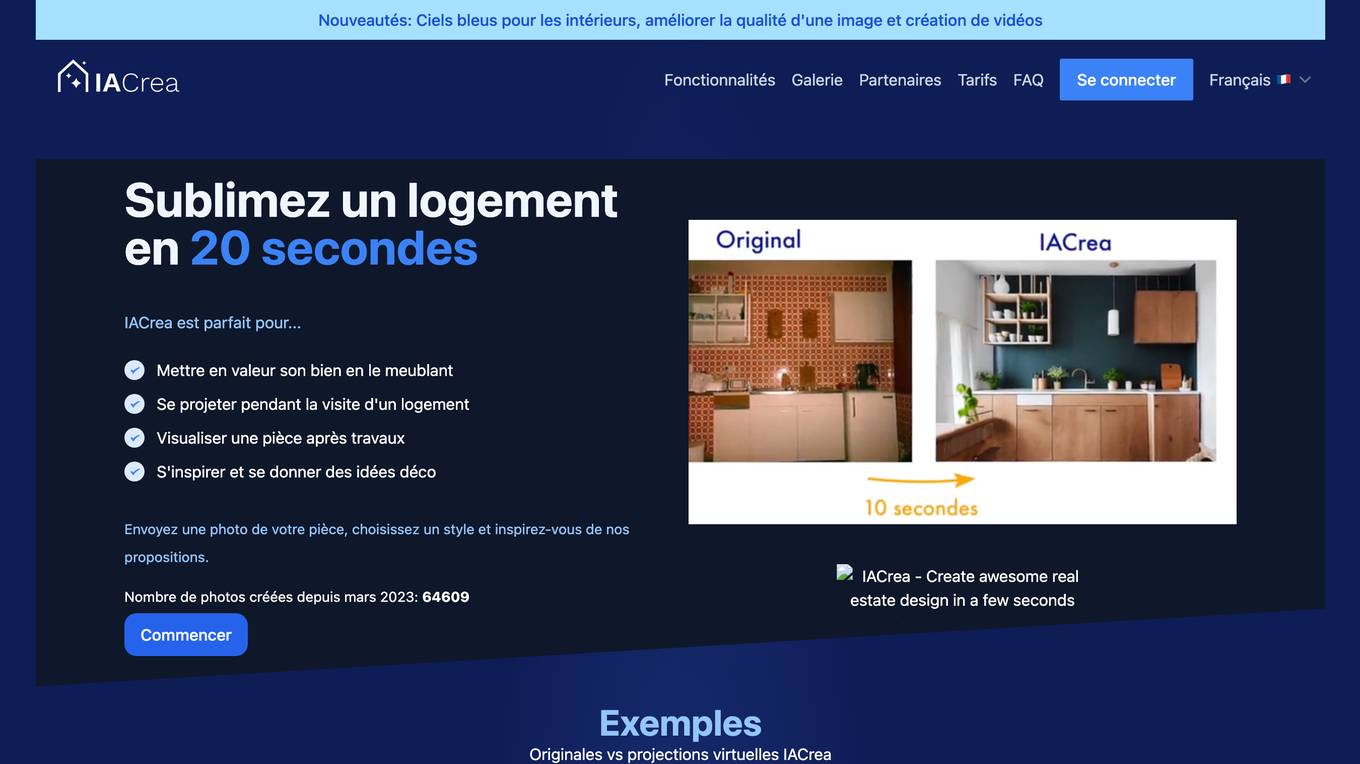
IACrea
IACrea is an online platform that allows users to virtually stage and decorate their homes using artificial intelligence. With IACrea, users can upload photos of their rooms and choose from a variety of furniture and décor options to create realistic and visually appealing images. IACrea's AI technology automatically generates the staged images, making it quick and easy for users to see how their homes would look with different furnishings and décor.
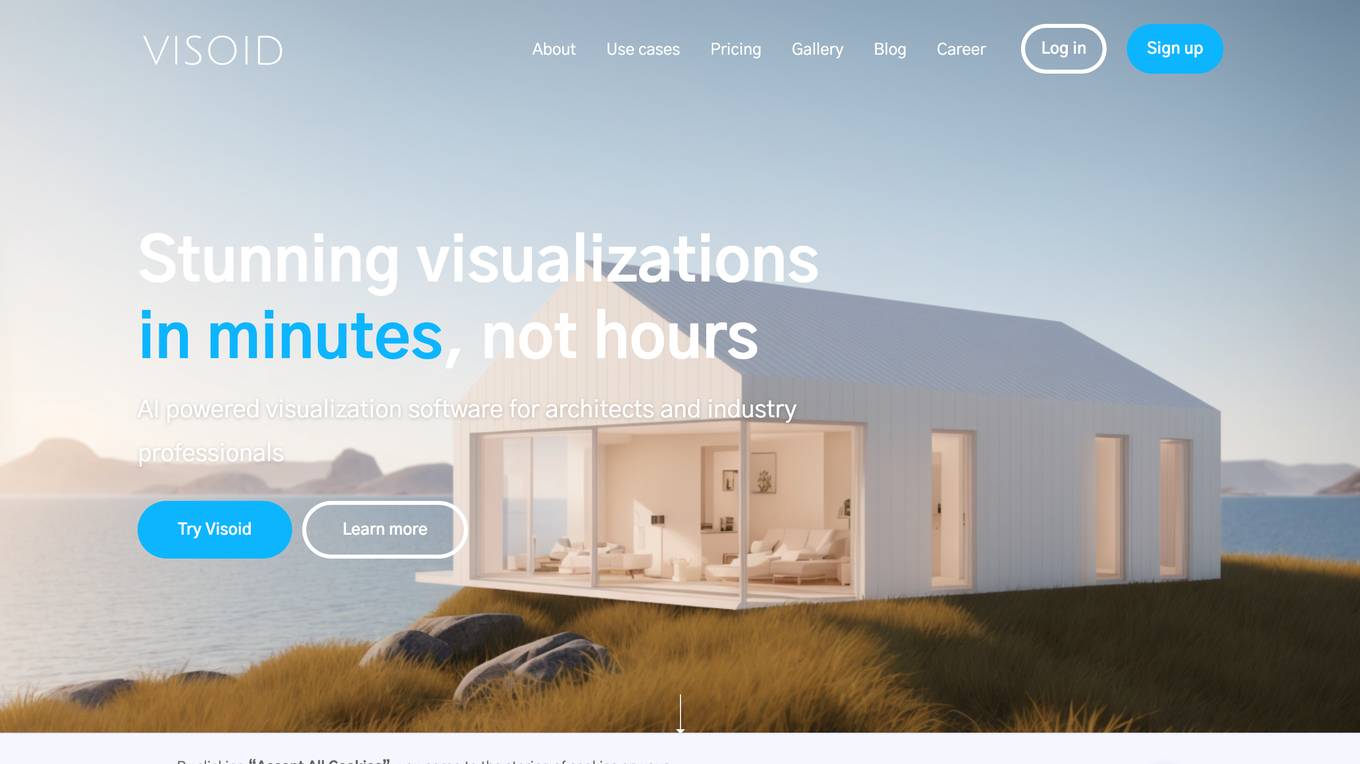
Visoid
Visoid is an AI-powered architectural visualization tool that allows architects and industry professionals to create stunning visualizations in minutes. It offers a simple web-based application for fast rendering, enabling users to iterate on images, explore variations, and communicate concepts effectively. With Visoid, users can transform ideas into powerful renderings, elevate early concept phase communication, and visualize projects in different lighting or seasons. The tool is designed to save time, improve communication, and provide different license options to match users' needs.
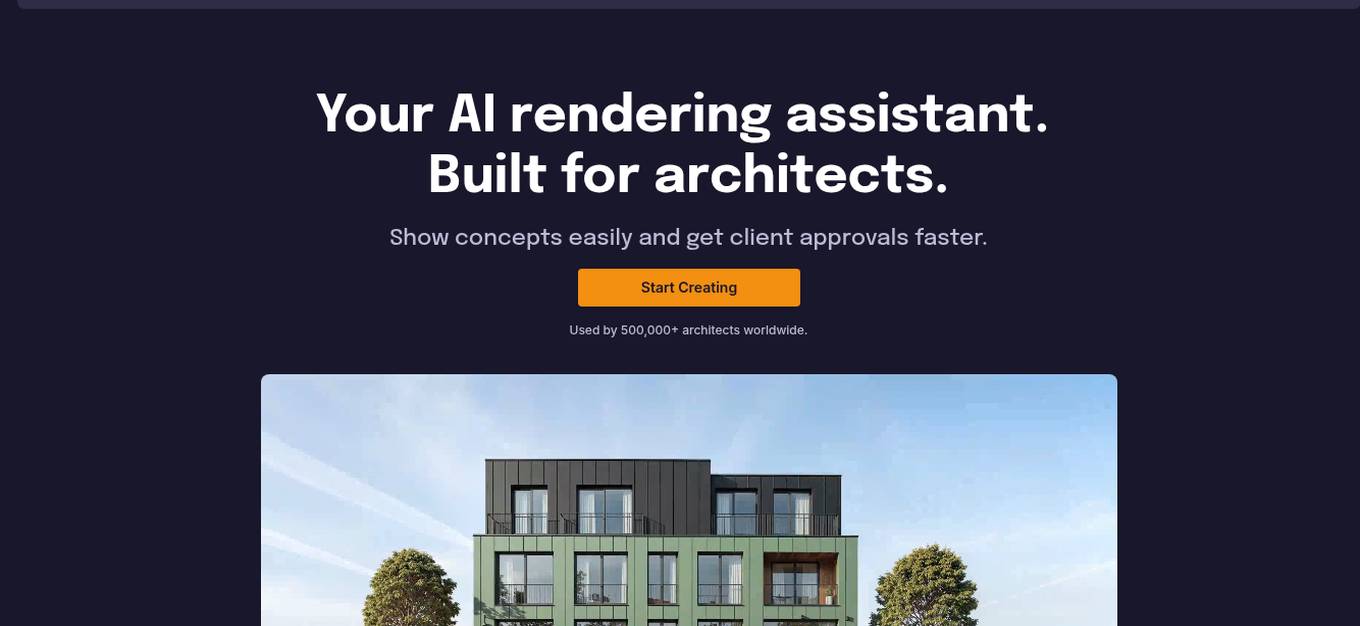
Rendair AI
Rendair AI is an advanced AI architecture rendering software designed for architects and designers. It offers a wide range of features to create photorealistic visuals, edit and adjust images effortlessly, upscale image quality, convert renders into videos, and more. The application is trusted by over 500,000 architects worldwide and provides a user-friendly interface for easy interaction. Rendair AI aims to streamline the rendering process, enhance design visualization, and accelerate project development with AI-powered tools.

Indesignify
Indesignify is an innovative platform that utilizes artificial intelligence to revolutionize interior design. It offers users the ability to decorate rooms, generate design ideas, and visualize spaces quickly and effortlessly. With Indesignify, users can build prototypes of interior designs in seconds, transform empty spaces into fully furnished rooms, explore a wide range of interior design styles, customize design rules, and generate diverse and stunning visualizations to boost conversion rates for real estate agents or secure more clients for interior designers.
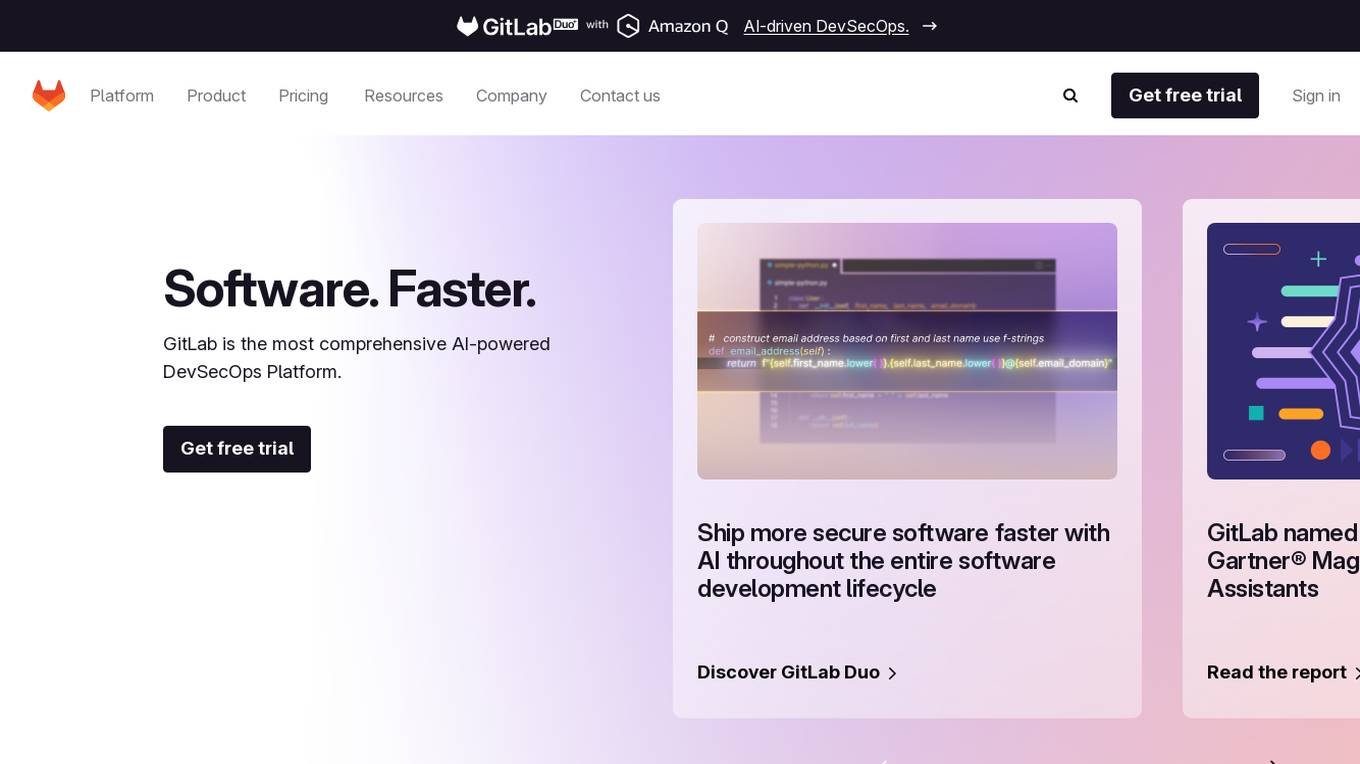
GitLab
GitLab is a comprehensive AI-powered DevSecOps platform that balances speed and security in a single platform. It automates software delivery, boosts productivity, and secures the end-to-end software supply chain. GitLab simplifies the toolchain by providing all essential DevSecOps tools in one place, accelerates software delivery with automation and AI-powered workflows, and integrates security seamlessly. It allows users to deploy anywhere without cloud vendor lock-in, offering value stream management, analytics, and insights to accelerate coding and optimize processes.
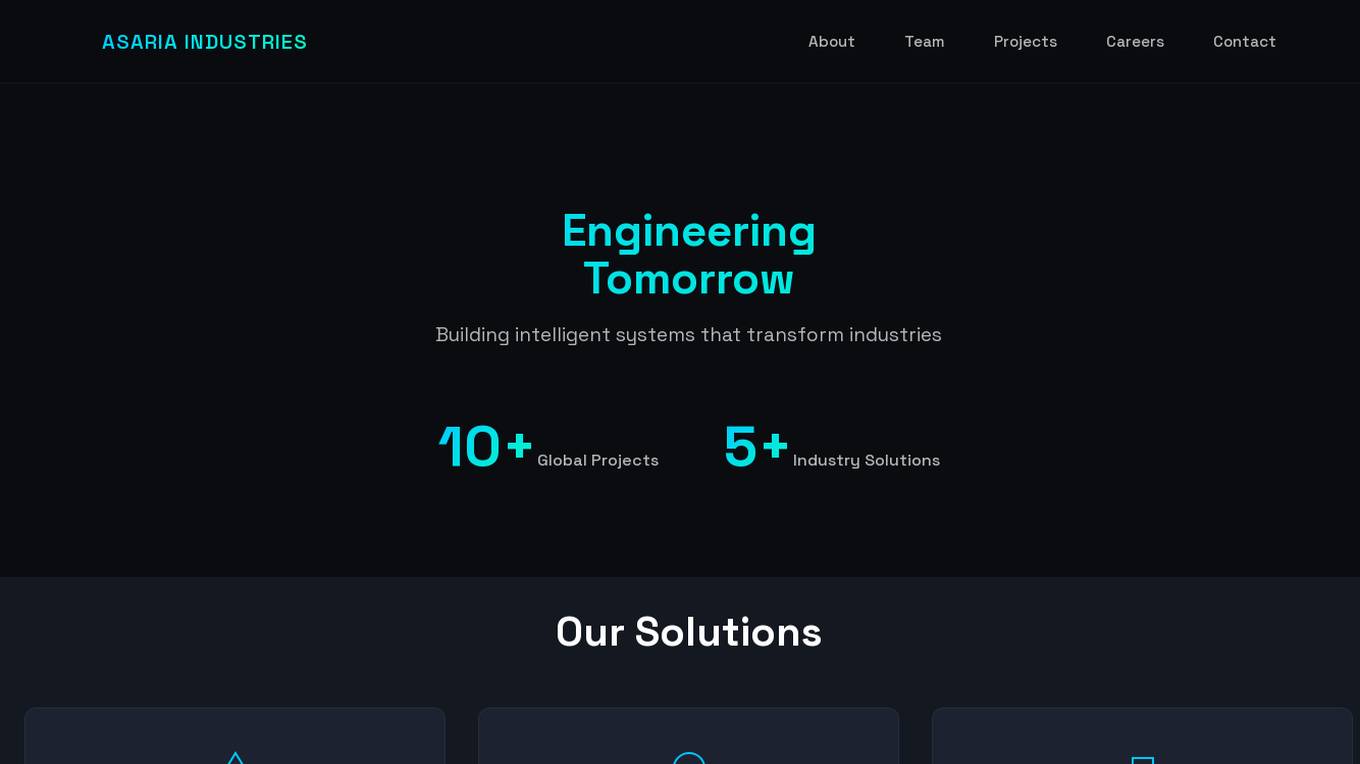
Asaria Industries
Asaria Industries is an AI application that focuses on building intelligent systems to transform industries. They offer system architecture and AI integration services to help modernize enterprise infrastructure and implement intelligent decision systems. With expertise in engineering scalable foundations for complex systems, Asaria Industries aims to turn visions into reality through innovative solutions.
1 - Open Source Tools
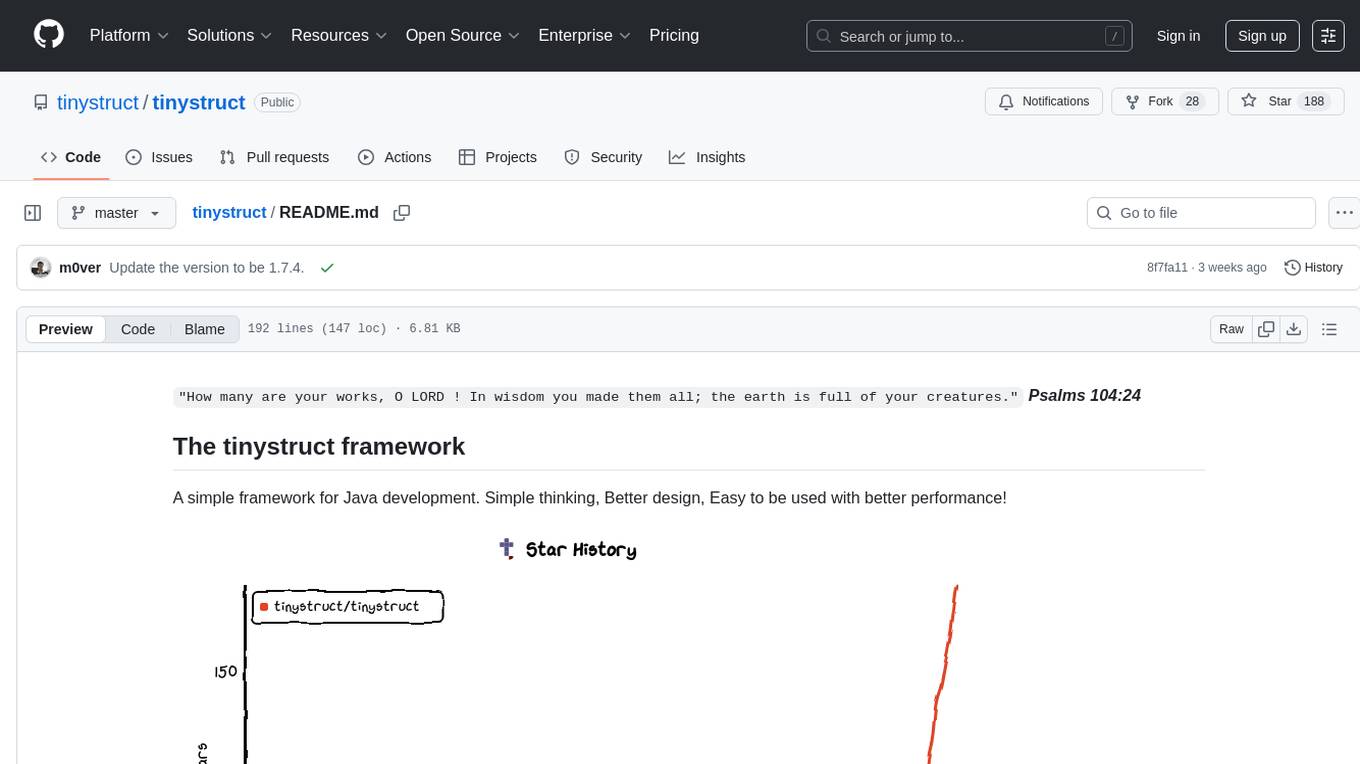
tinystruct
Tinystruct is a simple Java framework designed for easy development with better performance. It offers a modern approach with features like CLI and web integration, built-in lightweight HTTP server, minimal configuration philosophy, annotation-based routing, and performance-first architecture. Developers can focus on real business logic without dealing with unnecessary complexities, making it transparent, predictable, and extensible.
20 - OpenAI Gpts
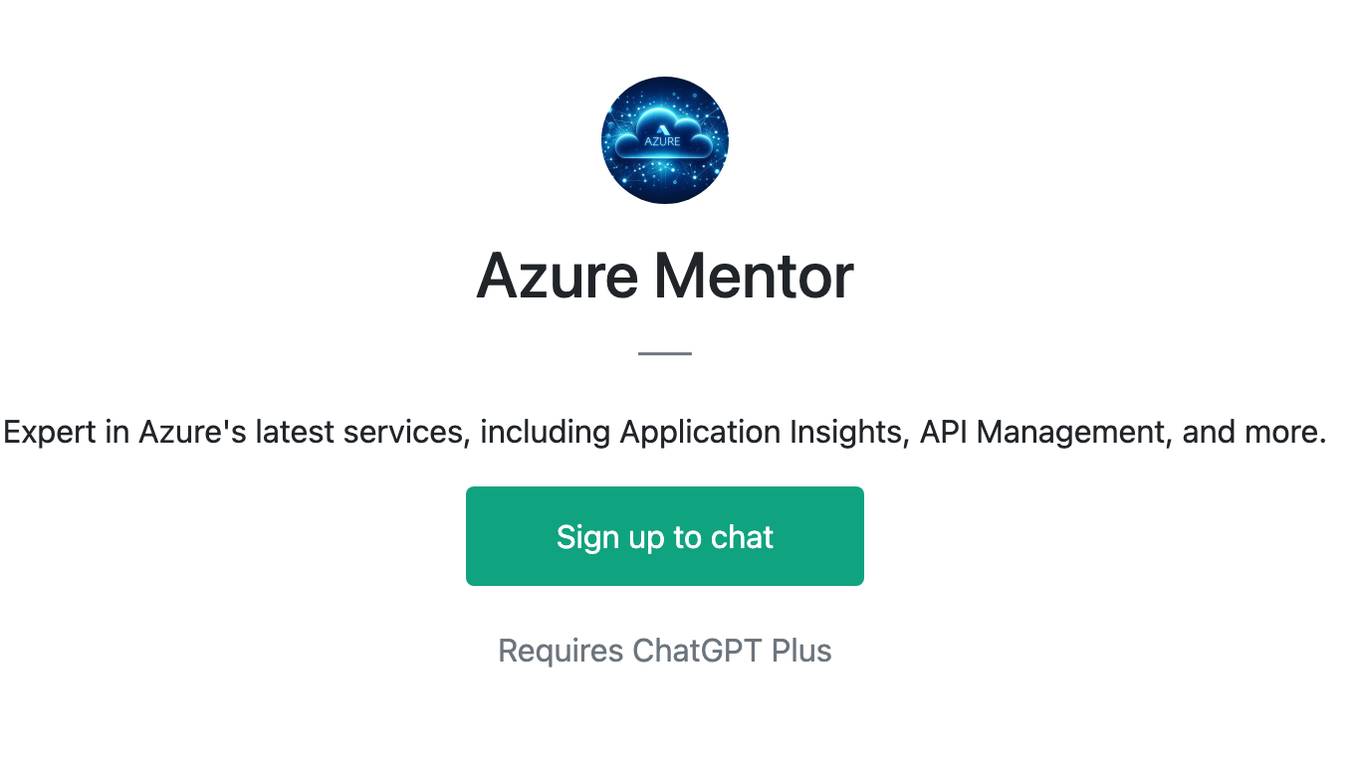
Azure Mentor
Expert in Azure's latest services, including Application Insights, API Management, and more.
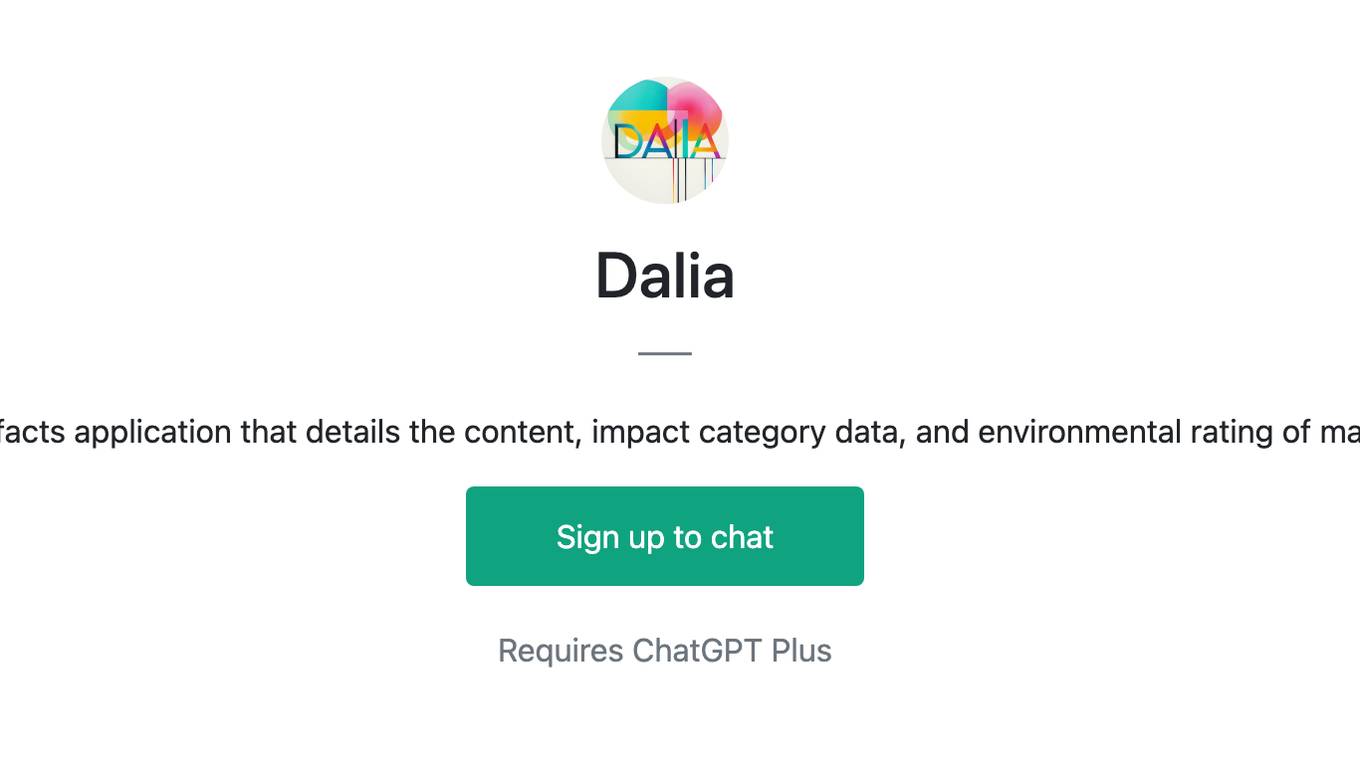
Dalia
Material facts application that details the content, impact category data, and environmental rating of materials.

CISSP Study Strategy Guide
Expert guide for CISSP topics, with detailed explanations and real-world application.
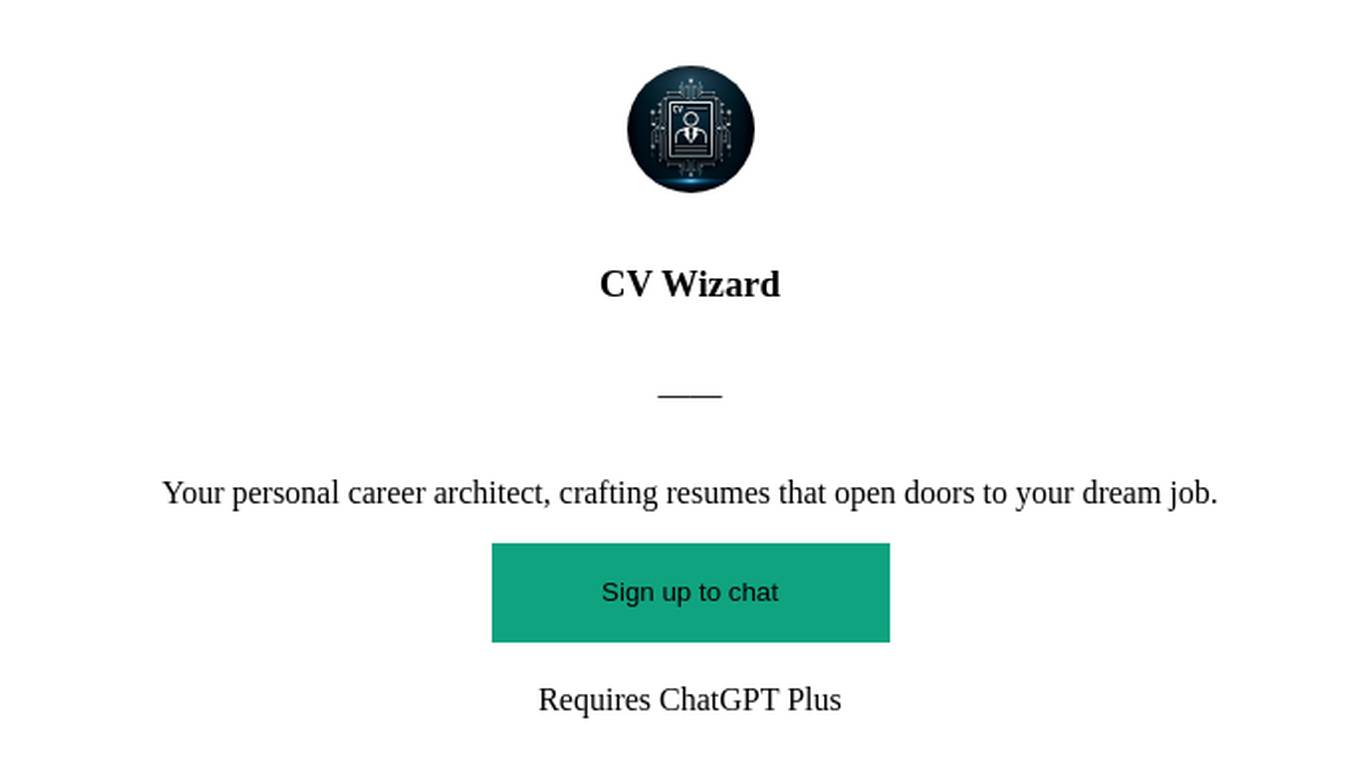
CV Wizard
Your personal career architect, crafting resumes that open doors to your dream job.
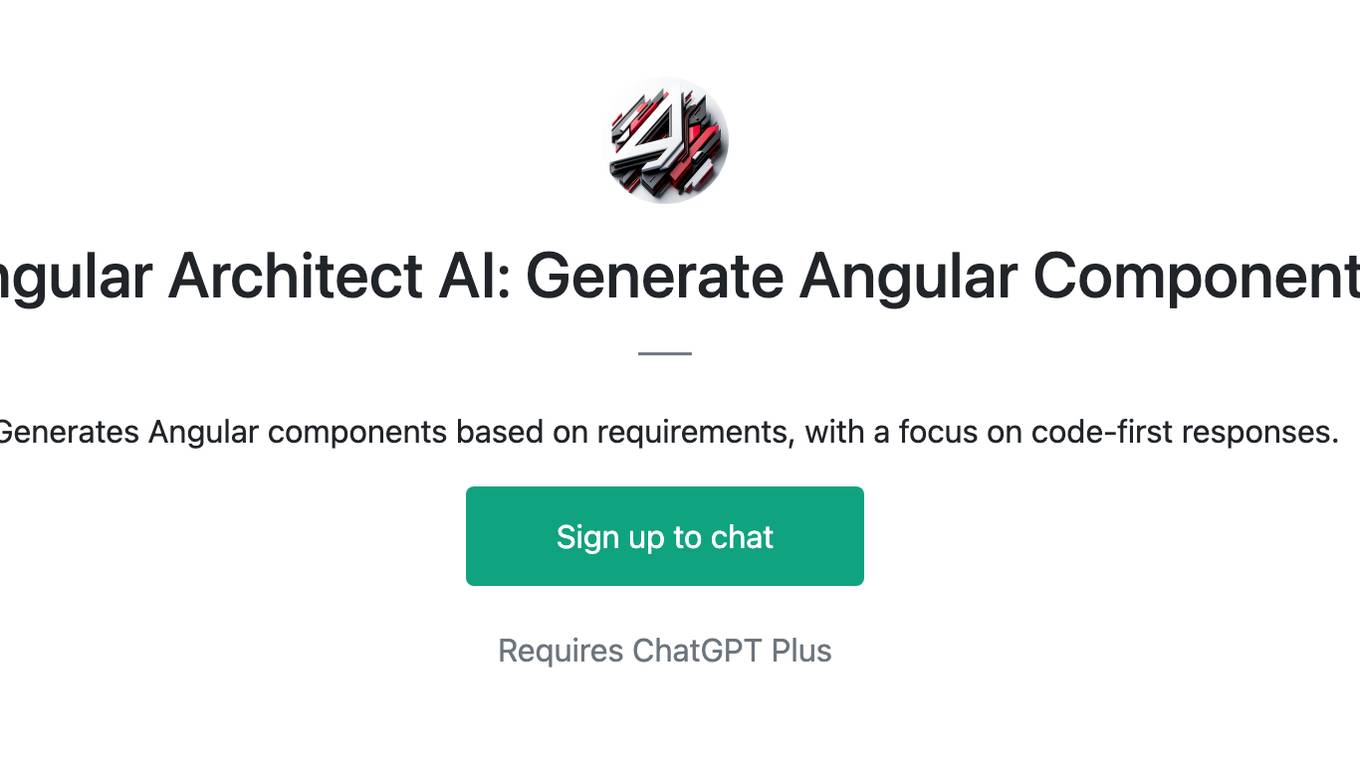
Angular Architect AI: Generate Angular Components
Generates Angular components based on requirements, with a focus on code-first responses.
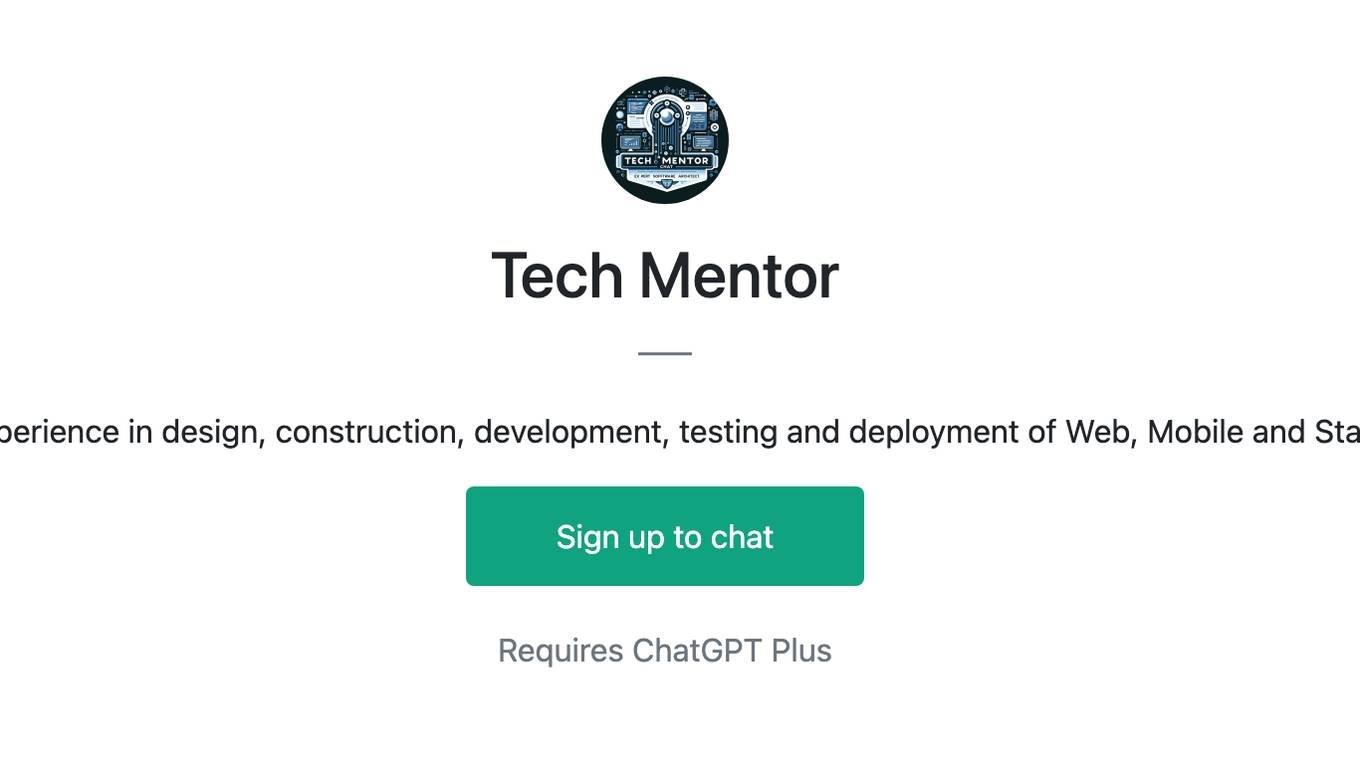
Tech Mentor
Expert software architect with experience in design, construction, development, testing and deployment of Web, Mobile and Standalone software architectures

Cloudwise Consultant
Expert in cloud-native solutions, provides tailored tech advice and cost estimates.
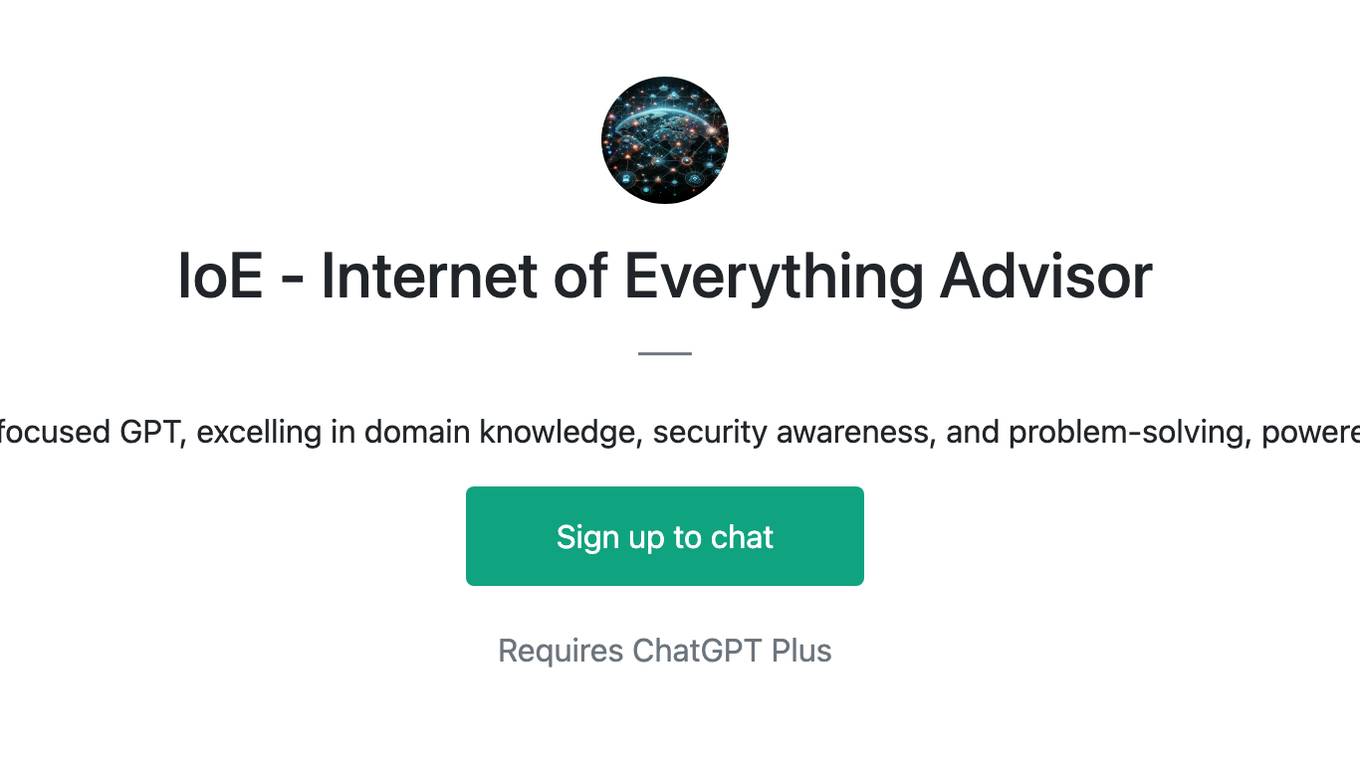
IoE - Internet of Everything Advisor
Advanced IoE-focused GPT, excelling in domain knowledge, security awareness, and problem-solving, powered by OpenAI
